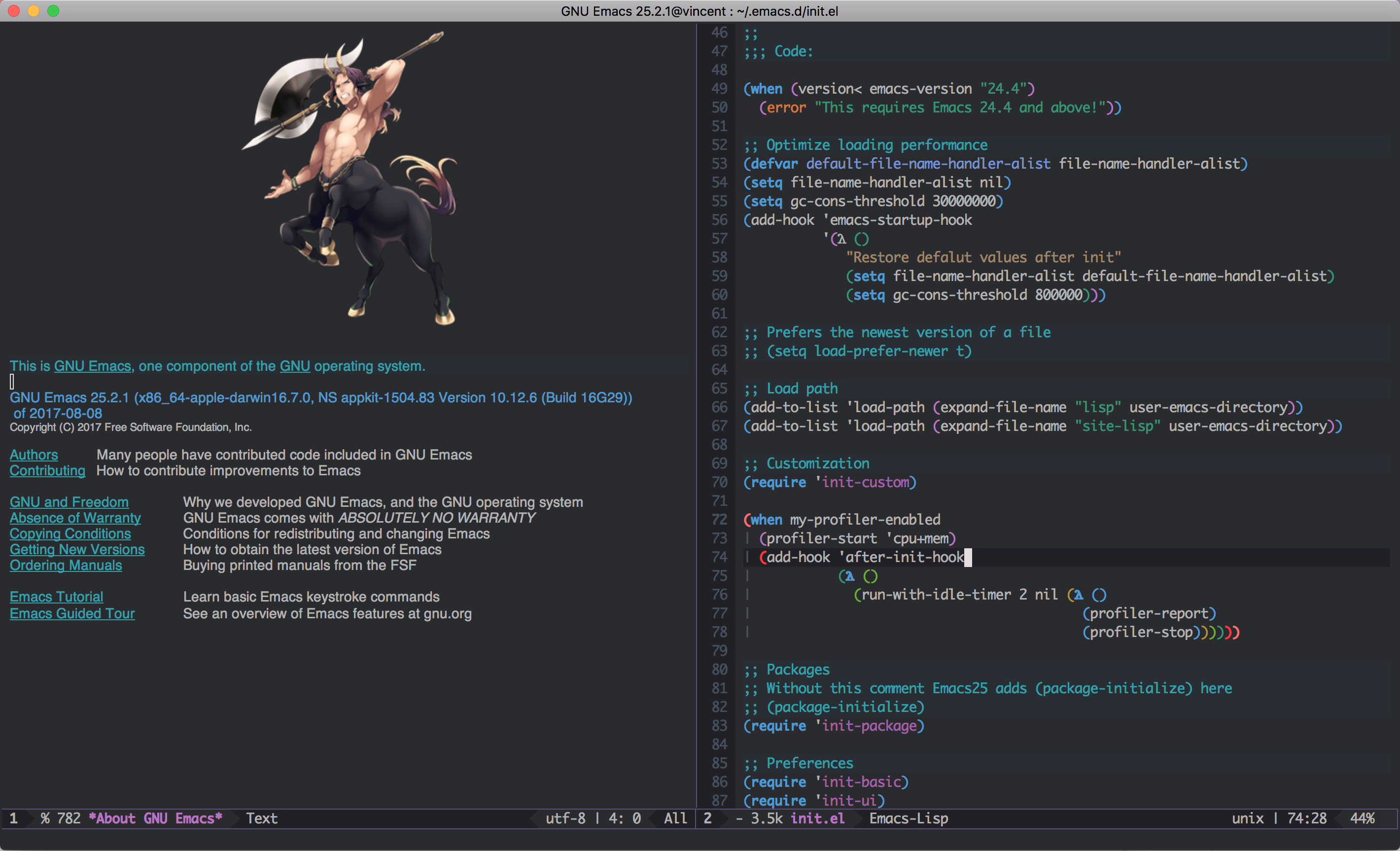Sculpin is a static site generator written in PHP. It converts Markdown files, Twig templates and standard HTML into a static HTML site that can be easily deployed.
PHP 7 static site generator. Fast and easy to get started. If your language of choice is PHP, you'll feel right at home if you need to extend Sculpin.
- PHP Markdown Alternatives. The most popular alternative is Markdown, which is both free and Open Source.If that doesn't suit you, our users have ranked 45 alternatives to PHP Markdown so hopefully you can find a suitable replacement.
- SimpleMDE Markdown Editor SimpleMDE is a simple, embeddable, and beautiful JS markdown editor View on GitHub Download.zip Download.tar.gz Demo.
Composer-based installation. Forget about managing library versions manually! Sculpin installs using Composer to give you extra flexibility with any project you're building.
Twig templates.Twig is a full-featured modern template engine. It's approachable to learn and it is extensible, documented, concise and flexible.
Symfony's HTTP Kernel. Sculpin is built on it. This lets you use Symfony Bundles to extend Sculpin for any advanced functionality you need without extending Sculpin directly.
PHPMarkdown: License Markdown is free software, available under the terms of the BSD-style open source license reproduced below, or, at your option, under the GNU General Public License version 2or a later version. If you like this software and want to say thanks, you can contribute my making a donation.
Ready for a taste of Sculpin? Check out the Quick Start Guide!
Advanced users can jump directly into a Sculpin project using Composer and the Sculpin Blog Skeleton:
composer create-project sculpin/blog-skeleton myblog If you have questions please make sure to check in with the Sculpin community! Whether it be IRC, Twitter, or mailing list, we are here for you!

Here is a quick sampling of Sculpin powered sites in the wild. Have a Sculpin powered site you'd like to have showcased here? Send a Pull Request to the sculpin.io repository on GitHub, or reach out to @getsculpin on Twitter!
Company Sites
Open Source Sites/Documentation
Community Sites
Blogs/Personal Sites

GitHub is an awesome place to host your open source project code. MooTools, Prototype, and jQuery all use GitHub. As you probably know, the MooTools Forge requires your plugins be hosted on GitHub. The only problem with hosting all my MooTools plugins is that I lose traffic when I want people to see my code. Problem solved: use PHP, the GitHub API, and PHP Markdown to display files of my choice on my website.
Our goals with this code will be to:
- Connect to GitHub via the API to retrieve repository information.
- Retrieve the content of two files from the repository: a source file and the README.md Markdown file.
- Cache the information for a given period of time to reduce the load on GitHub.
- Use PHP Markdown to output a formatted README.md file.
Php Markdown To Html
I know that seems like a lot of work but you'll be amazed at how easy the process is.
PHP MarkDown
You may download PHP Markdown at Michel Fortin's website. It's simple and full of features.
Php Markdown
The PHP
Atlas qualitative analysis software, free download mac. The first step is to build a PHP function that will connect to GitHub using cURL:
Next we need to define a few settings:
The next step is to create another PHP function that grabs the repository information (JSON-encoded, because I love JSON) -- either fresh from GitHub (by first grabbing the most recent commit hash, then grabbing the contents of the two files) or our local cached information:
Once we've acquired the appropriate information, we output the information to screen:
That's all! Now I get the benefit of hosting my code on GitHub but displaying it on my own website. I've created a special WordPress template page to do so and recommend you do too!
Demo?
Visit my Projects page and click on the 'Docs' link for any project. All of the information that comes up on individual project pages comes from GitHub. No more manual page creation!
